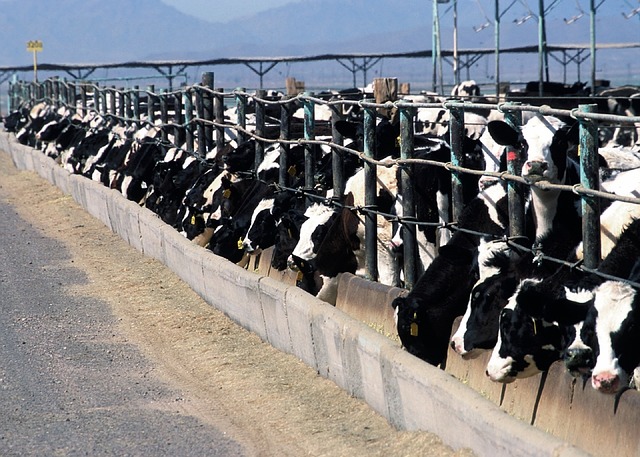Pollution FROM FARMS
Although animal farmers are not actively working the land, their operations have a significant impact on soil health.
ANIMAL WASTE
There is mounting evidence that the expanding amounts of manure resulting from Confined Animal Feeding Operations (CAFO) across the country are negatively impacting the nation’s soil.
Industrial-scale livestock enterprises produce highly infectious pathogens, nitrogen, phosphorus and other pollutants, which are seeping in to the water, air, and soil.
According to the USDA, there is more than 335 million tons of waste produced annually from animal facilities in the U.S. Further, CAFO’s produce 100 times more manure than the amount of human sewage sludge processed in U.S. municipal waste water plants.
CAFO’s must store their manure in tanks or lagoons. These holding facilities can leak causing catastrophic damage to soil and water systems. Rain and flooding also contribute to the transport of pollutants, which pose a hazardous threat to the ecosystem.
The Earth Restoration Foundation plans to allocate resources to combat the effects of animal waste on soil and water.
